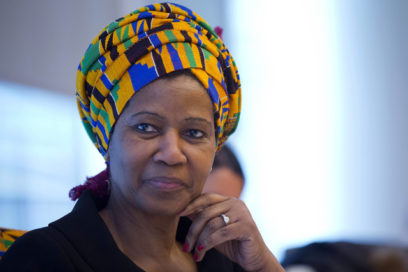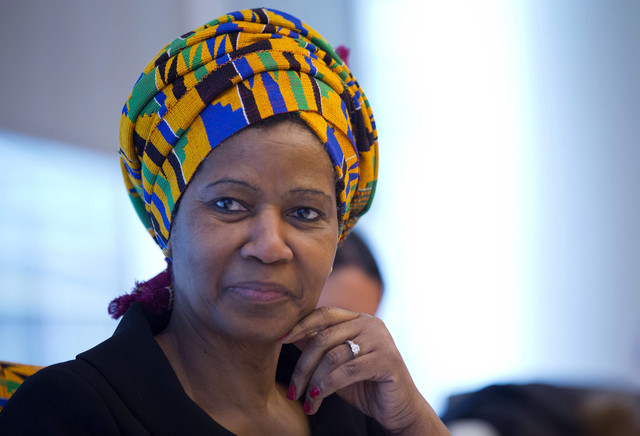The participation of women in taking decisions is highly beneficial and its role in the design and application of public policies positively impacts in the life of the people. The International Women’s Day is celebrate every March 8, and this year it emphasized the Declaration and Platform of Action from Beijing, a historical page signed by 189 governments 20 years ago which established an agenda for the materialization of the women’s rights.
There are achievements, but the gaps that are still taking place are many and deep. It is the time to preserve the conquests of the women, recognized challenges and pay greater attention to the women’s rights and equality of gender.
The Platform of Action from Beijing is focused in 12 spheres of special worry, and the dreams of a world where all the women and girls could have their rights in their political participation, education, have honorable incomes and live in societies free of violence and discrimination. The main topic of analysis in the celebrations to be held this year was that called the Campaign of Beijing+20 of the UN Women: Equality of Empowerment, Empowering Humanity: Imagine that!
In 1995 women represented the 11, 3 percent of the legislators in the world and only Parliaments in Denmark, Finland, Holland, Norwegian and Sweden had more than the 30 percent of women. Just three were Heads of State and seven of Government.
Women at present represent the 21.9 of al parliamentarians and the 39 chambers of deputies of the world have at least the 30 percent of them. Likewise, 10 are heads of State and 15 of Government.
In Latin America and the Caribbean one of every four members of the legislative power is a woman, and in the last 23 years, six have reached presidency of their countries by elections, and four in the last decade, and three were reelected.
Nowadays, Michelle Bachelet governs Chile for the second round since March 2014 after she did it from 2006-2010. In Brazil, dolma Russeff started on January 1st her second round of Government and in Argentina, Cristina Fernandez, president of that country since 2007 after her reelection in 2011.
Two decades ago, after the declaration of Beijing they met on February 27 and 28 in Santiago de Chile, the 60 female leaders in power and the taken of decisions: constructing a different world, organized by the UN Women and Government in Chile.
Phumzile Mlambo-Ngcuka, executive director of the UN Women said in the meeting that there were several advances in the last 20 years. But they were very slow and unequal. Many countries founded institutions devoted to face inequality of gender, they sanctioned laws against discrimination and classified domestic violence into crime. They are all good news.
However, we are far to find equality between men and women, between boys and girls. The application of good policies is still irregular. The allocation of necessary resources for the efficient implementation is inadequate to provide funds to women’s ministries, to genders’ commissions and the elaboration of sensitive budgets to gender, the director stressed.
There are many the women, especially in the underdeveloped countries, for whom the changes are not enough.
Despite that this year the African Union have also decided focus efforts in the topic of empowerment of women, the 70 percent of the agriculture production of the continent depends on women and jus the 2 percent of them are owners of the land. Violence against women continues devastating lives in the region and in other countries of the world.
Equality, besides being fair, reports several benefits: economies grow, it alleviates poverty, improves health and communities turn more stable and resistant to the environmental and humanitarian crisis.
“Women want their leaders to remove promises they made them (…). We urge for to ‘walk a step towards equality’ of gender with a substantial progress from now to 2020. Our goal is to reach a planet 50-50 before 2030”, Mlambo-Ngcuka concluded in the closing of the event.



